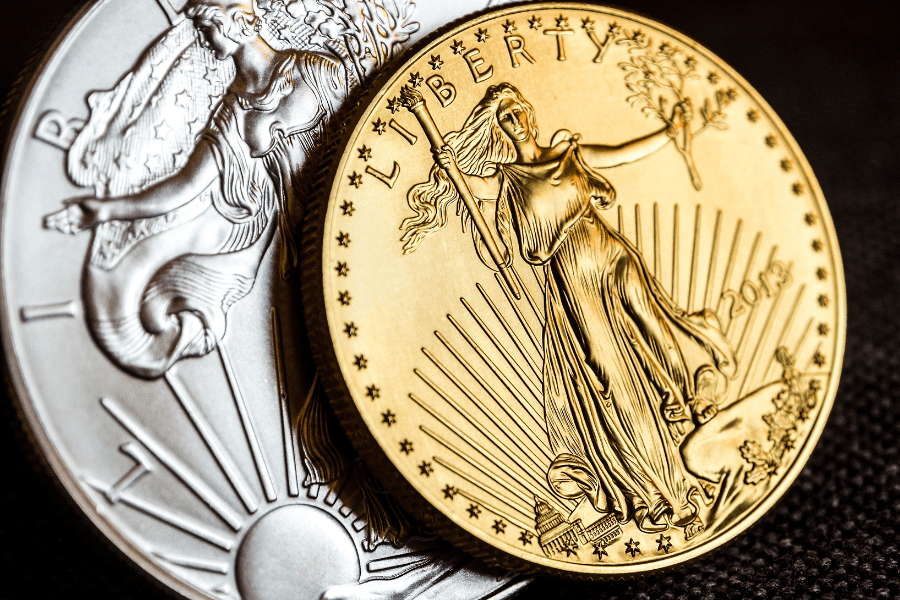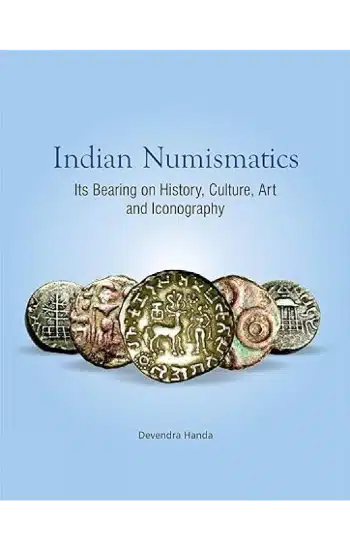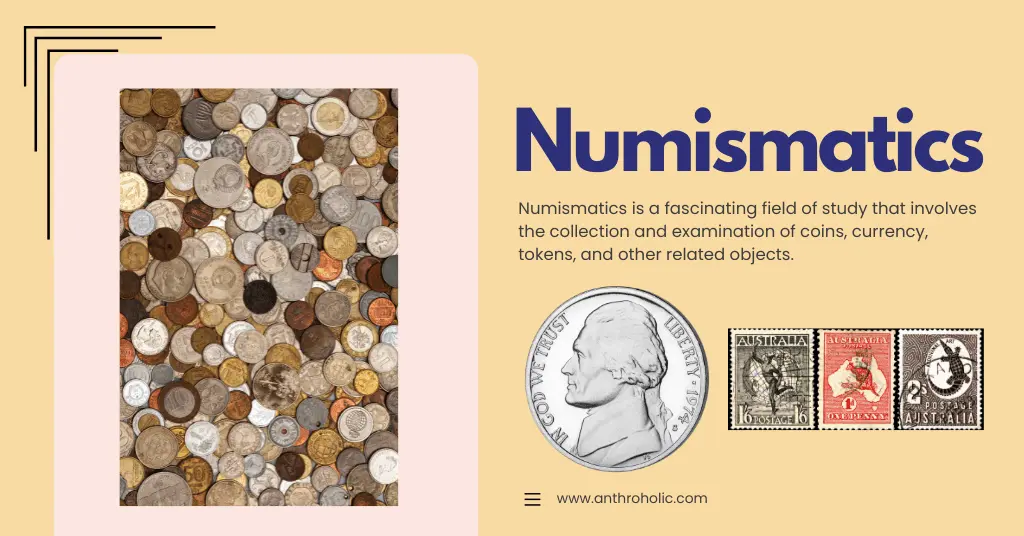Good Suggestions On Selecting copyright And Coin Authenticity
Good Suggestions On Selecting copyright And Coin Authenticity
Blog Article
How Can I Find Numismatics Related To Mints On A Numismatics Database?
This is a well-organized way to study numismatics and their connection with mints. Here's how to go about it: Select an online database that specializes in historical coinage or numismatics. Numista is one option, as are online catalogs of major mints like the United States Mint and the Royal Mint. Or you can use academic databases which preserve numismatic information.
Define Research Focus: Specify your research objectives. You might be looking for the output of a particular mint, or in technological advancements as well as the cultural and economic impact of the mint's operations, or in its history. Tailor your search queries accordingly.
Search Strategy: Include the name of the mint along with any keywords you use that are related to numismatics or mints. Advanced search tools to sort the results by the type of document (such historical reports or academic papers, catalog entries, etc.) as well as by geographical region.
Data Collection: Gather information about the date of establishment of the mint as well as the period of time that it has been operating for and the types of coins that are produced and the minting techniques used (such as hand-striking versus machine striking), and any notable developments or changes to minting practices over time. Browse databases or catalogs which provide specific information about the coins that were minted by date, denomination and design.
Analyze all data to identify patterns in coining practices that are common to different historical periods. Compare the changes in composition of metal and the advancements in technology used in minting techniques to discover how coin production may have been affected by stylistic evolution.
Cross-References: Verify the information you've found by cross-referencing data across multiple sources. This ensures accuracy and completeness in your research.
Documentation: Make sure you note your findings in a structured manner. Cite sources and note the techniques you used. Keep an eye on your databases, search terms, and relevance of every source to your research goals.
Stay Current: Numismatics research is a rapidly evolving field and there always are new discoveries that need to be discovered. Keep up to date by visiting the database regularly to see if there are any new discoveries or collections that have been digitized recently or articles that have recently been published.
Follow these steps to leverage databases to conduct a thorough study of the field of numismatics and its relationship to mints. This approach will allow for an in-depth investigation of the historical, technological, and cultural aspects of the production of coins and provides valuable insight into the evolution of numismatic practice over time. See the most popular killer deal on money for more advice including currency society, banknote auction, rial, denomination, copyright detection, coin show, antique banknotes, legal tender, mint condition, coin artist and more.
What Can You Do With A Numismatics Database To Conduct Research On Coin Dealers And Numismatics?
Researching numismatics with regards to dealers in coins requires databases that focus on numismatic trading and dealer listings, as well as the past transactions and market developments. The following is a methodical way to conduct this type of research: Database Selection: Select databases that are focused on dealers' listings and numismatics. There are numerous databases to pick from, including online dealer listings, numismatic exchanges provided by numismatic groups (like the Professional Numismatists Guild), auction house data bases, or historical archives containing transactions in numismatics.
Define Research Focus: Specify your research objectives. Are you interested in understanding the past and characters of dealers in coins? Are you looking for trends in the numismatics market or the price of coins over time, or the influence of dealers on numismatic collection trends? Clarify your focus to guide your research.
Use keywords, such as "coin dealer" "numismatic markets,"" "dealer directory" and include any specific names of dealers or geographical areas if appropriate. Use advanced search options to filter results based on date, specialty of the dealer (such as modern, ancient, and rare coins) or by type of transaction (auctions or private sales).
Data Collection: Access to details about dealers in the field, including their names, locations for business and specialties they provide, years in operation and their historical profiles. Get information about prominent dealers and their contribution to the numismatic community or scholarships, and their involvement in important auctions or sales.
Study the data and learn about the role of coin sellers in numismatics. Explore how dealers influence market dynamics, shape the trends in collecting verify and classify coins, and contribute to the dissemination of numismatic knowledge through educational and publication activities.
Cross-Referencing: Check your findings by cross-referencing information across multiple databases, dealer directories auction records, as well as historical archives. This will guarantee accuracy and the completeness of your research. This will provide insights into the various roles and contributions made by dealers in the field of numismatics.
Documentation: Documentation is essential. Use sources to cite sources and record the methods you've employed. Note the details of the databases accessed, search terms used, as well as the relevance of every source you use to answer your research needs.
Stay up-to-date Keep up-to-date: As the numismatic world evolves, so do the new auctions, dealers and market developments. Keep updated by keeping up with updates from auction houses for numismatics societies, online marketplaces, and other auction houses to keep up with the latest developments.
You can use databases in a way that is efficient in studying numismatics, especially as it relates coin dealers. This approach allows a thorough investigation of the historic profiles, market's influence and the scholarly contributions of coin dealers in the world of numismatics. It can provide valuable insight on the way collectors collect and market dynamics. Check out the most popular her comment is here about currency collecting for site info including currency dealer, federal reserve, commemorative coins, yen, banknote value, bullion, banknote artist, currency collecting, coin mold, currency grading and more.
How Do I Utilize A Database To Research Numismatics In Relation To Legal Experts?
The study of numismatics and legal experts involves utilizing databases that focus on numismatic law, regulations that govern currency and coinage and legal precedents relating to numismatic disputes, as well as research papers on the legal aspects of the numismatics. This is a structured method to conduct such studies. Database Selection: Choose databases that specialize on legal research, numismatic law as well as court cases that deal with numismatic issues and academic publications about legal aspects of numismatics. Legal research platforms such as Westlaw and LexisNexis are examples, along with publications from numismatic journals and numismatic societies, and numismatic law magazines.
Define Research Focus: Specify your research objectives. Are you interested in the legal frameworks which govern coinage and currencies, numismatic conflicts or regulations governing circulation and production of coins, or legal interpretations that relate to the authenticity and ownership of numismatics? Find out the key to your search.
Search Strategy: Add keywords such as "numismatic law" or "legal aspects coinage," or "numismatic conflicts" and then add specific legal concepts such as ownership, authenticity and counterfeiting, if relevant. Results of a search can be filtered according to date and jurisdiction (national and international,) and legal topics that are relevant to the field of numismatics.
Data Collection: Get access to legal precedents (case law) as well as legislative text (legislation) as well as research publications on the field of numismatics. Data collection: Collect information such as legal analyses of case summaries, cases and interpretations of relevant laws and historical perspectives regarding legal issues related to the numismatics.
Examine the data and comprehend the difficulties that numismatics face. Explore how legal frameworks affect numismatic transactions, collection management, authentication processes, and international trade in numismatics. Compare and contrast the legal interpretations in different jurisdictions and the past.
Cross-Referencing - Check the validity of your research by comparing the information from multiple databases, legal publications as well as court records and academic publications. This will ensure accuracy and completeness in your research, and provides an extensive view of the legal world in Numismatics.
Documentation: Documentation must be organized, including citations of sources and methods utilized. Detail the databases that you used, the terms you used to search for, as well as the relevance to your query.
Stay up-to-date: Numismatic laws and legal interpretations evolve in response to legislative changes and court rulings. Stay abreast of legal developments by keeping an eye on updates on legal databases, publications on the law of numismatics, and society for numismatics.
Databases can be used to search for numismatics research and legal experts by following these easy steps. This allows for in-depth examinations of the legal issues, scholarly interpretations, and legal frameworks that intersect the Numismatics field. See the top what do you think on federal reserve for more recommendations including coin planchet, authenticity, coin album, denomination, dirham, federal reserve, banknote show, legal tender, coin certification, uncirculated coins and more.
What Can I Do With The Database To Look Up Numismatics Regarding Online Forums And Communities?
This involves using forums and online communities which experts, enthusiasts, and collectors can exchange their knowledge as well as discuss trends and showcase their collections. Here's a systematic method to carry out this research. Examples include forums like CoinTalk as well as Reddit's R/Coins. There are also groups that specialize in numismatics on social media platforms like Facebook and LinkedIn.
Define Research Focus: Specify your research objectives. Are you looking to understand current trends in collecting, analyzing specific coins or historical periods, seeking advice on authentication and grading, or connecting with experts in specific areas of numismatics? Make clear your objectives to find the right answer.
Search Strategy: Use relevant keywords to your interests, such as "numismatic fora," "coin collector communities," and "online numismatic conversations," including specific topics or keywords (ancients coins, moderns coins and paper currency) relevant to your query. Use search functions within each platform in order to find relevant discussions.
Data Collection: Access discussions, threads and posts in the online communities. Find out about coin identification techniques as well as current market trends as well as personal experiences and discussions related to numismatics.
Analysis: Analyze the data to discover the views, knowledge and experiences of members of online community of numismatics. Examine the reliability of the information by looking at the opinions of experts, the consensus of members on certain topics and the depth of discussions.
Cross-Referencing - Check the validity of your conclusions by comparing data from different forums and communities. Compare insights to gain an overall view of collecting patterns, market sentiments, or experts from the numismatics community.
Documentation. Document your findings by regularly citing discussions or threads and contributing authors as required. Notate key insights, trends and opinions that are shared on online forums.
Stay Engaged: Engage actively in discussions, ask questions and contribute to discussions to gain insights and establish connections with the community of numismatics. Stay up-to-date with the latest threads. Responses, and announcements to keep up-to-date with most recent discussion and trends.
Follow these guidelines to successfully make use of forums and online communities for the study of numismatics. This approach lets you tap into the wisdom and experience of many specialists and collectors providing valuable insight and insights into the various aspects of collecting coins, identifying them, and valuing them. View the most popular treasury for blog tips including bullion, currency grading, engraving, coin album, rare banknotes, banknote errors, yen, banknote value, lira, mint condition and more.
How Can I Research Numismatics In Relation To Industry Consultants With Databases?
Here's a structured approach to conducting research like this: Database Selection: Choose databases that are specialized in consulting firms, industry reports, and publications relevant to the field of numismatics. This is a method that can be structured to conduct such research. Examples include business listings, consulting firm websites, and publications from Numismatic Associations.
Define Research Focus: Specify your research objectives. Are you interested in understanding consulting services offered to numismatic businesses Market analysis reports, market analysis on numismatics? Or the expertise of individual consultants in specific numismatic sectors, or trends that industry consultants have identified? Find out the purpose of your search.
Search Strategy: Utilize keywords like "numismatic industry consultants," "consulting firms in Numismatics," "market analysis of coins" as well as include specific areas of expertise or geographical regions, if appropriate. You can also use advanced search to narrow the results down by specialties of consultants or consulting services.
Data Collection: Get details about consulting firms who specialize in numismatics and industry experts who offer services to numismatic companies. Learn more about the profiles of consultants and specializations (market analyses as well as collection management, and authentication) testimonials from clients and reports authored.
Analyze: Analyze your data to gain better understanding of the roles and contributions of industry experts. Examine the techniques and knowledge used by consultants who offer advice on investing in numismatics trends in the market, or collection management.
Cross-Referencing - Verify your findings by cross-referencing them across databases, consulting firm directories and numismatic society publications. This ensures completeness and accuracy in your research, providing complete information about the consulting industry in numismatics.
Documentation. Document your research findings by citing sources, noting the methods used. Notate the database names or search terms, as well as the relevance of each source in relation to your research.
Stay informed Market trends in numismatics change with economic changes and regulatory updates. Stay up-to-date by keeping an eye on updates to the websites of consulting firms, industry publications, and the numismatic societies' publications. They will offer the latest perspectives and insights from industry consultants.
These steps will enable you to explore the world of numismatics and industry experts. This method allows a detailed examination of the advisory services provided, the market analysis conducted, as well as the strategic information consultants offer within the numismatics business. It also offers valuable perspectives about the business's operations and investment strategies and market changes. Have a look at the top rated recommended reading on coin minting for site examples including banknote certification, rial, slovak coins, dirham, coin society, coin expo, coin pressing, currency exchange, currency grading, coin society and more.